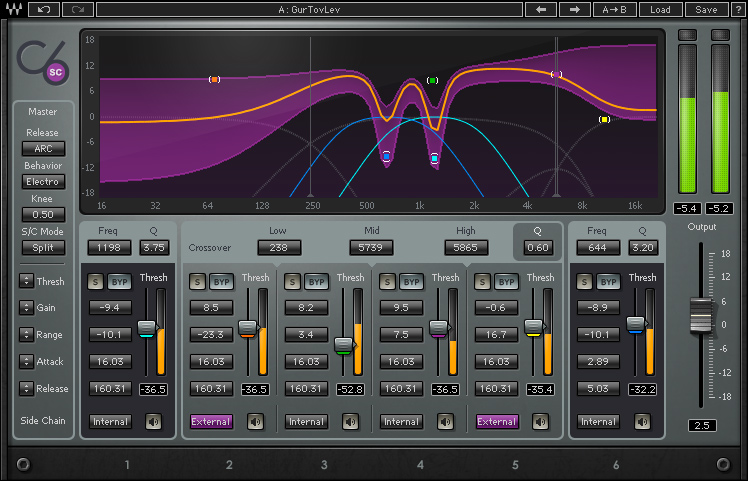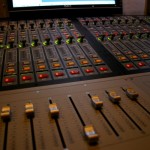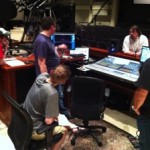
QuickTip: Traditional or Dynamic
As you’re probably aware, I’ve become a big fan of multi-band processing for applying dynamic EQ to things. Multi-band Compressors and Dynamic EQ’s are also becoming standard fare in a lot of digital consoles these days so a lot of guys are starting to dip their feet into the waters of dynamic equalization.
But how do you know when to use dynamic EQ instead of a traditional, static EQ?
It’s pretty simple:
– Use a traditional EQ for things that are ALWAYS a problem.
– Use a dynamic EQ for things that are SOMETIMES a problem.
For example, let’s say we have a vocal that consistently sounds muddy. It doesn’t matter what they sing, it is always mud no matter the song or section of song. A standard EQ could be your friend to help clean up the mud in the vocal.
But let’s say that the vocal is muddy during the verses of a song, but it’s clear and present and wonderful in the chorus. In this case, a dynamic EQ might be used to dynamically attenuate the lower frequencies when the vocal gets muddy. The goal is to set the threshold so that when the vocal shifts to the chorus and the low frequency buildup dissipates, the dynamic EQ releases and we’re back to our great vocal.
Does that make sense?

 Previous Post
Previous Post Next Post
Next Post



Do you use your multi bands in conjunction with a single-band compressor? Or do you try to accomplish both dynamics and tone-shaping with 1 effect. I’ve tried both, but would love to hear if you have some tips.
I do. Typically, I’ll do any normal EQ and compression I might need on an input. Then if there’s still something that bothers me that comes and goes, I’ll use the multi-band. A lot of times, I might do very light EQ with the channel EQ and then I’ll use the Gain of each band in the multi-band to do broader shaping or cleanup of an input. In those cases, though, I am typically still using a traditional compressor on the input in front of the multi-band. One thing I’ve found with using multiple compressors like this, though, is I don’t compress with any one compressor that much. Maybe I’ll do 2-3 dB on a traditional comp followed by 2-3 dB in places on the multi-band.
Awesome thanks Dave. That gives me some things to try and listen for.